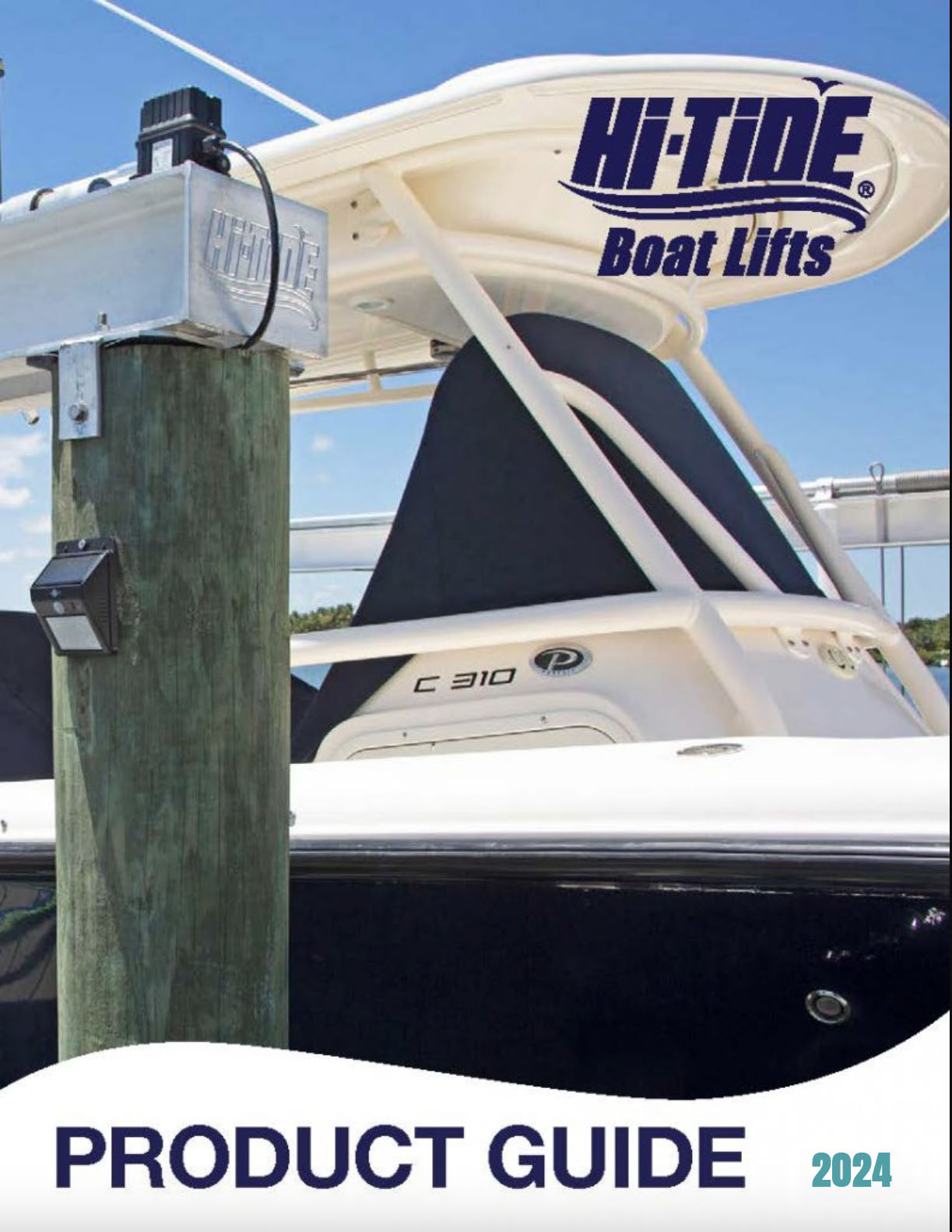
We all know “he’s” checking his list and checking it twice, but are you? Now that your holiday shopping is through (hopefully), and you may be fortunate enough to enjoy some time off from work, it is the perfect time to create or review your semi-annual boating checklist; an important practice even for the most experienced of boaters.
A boating checklist very easily helps you keep track of maintenance and safety measures that can be literal lifesavers on your vessel.
Semi-Annual Boating Checklist
- Corrosion: Inspect your vessel from top to bottom in order to assess if there is any sign of corrosion to the engine control linkage, gear case, engine mounts, through-hulls and more.
- Electrical: Ensure that all wiring is approved for marine use, all wires are clear from the exhaust system and that the entire electrical system is protected by fuses or circuit breakers. Also, ensure that your battery is stored in a watertight container and adequately secured.
- Fuel: When refueling, be sure to never use gasoline that’s more than 10% ethanol, which could damage your engine. Check for any gas leaks, inspecting for rust, a loose fuel tank, cracked or stiff hoses and other signs of damage. Always have a fuel shut-off valve at both the tank and engine.
- Kitchen: If you have a kitchen onboard, be sure that your stove and heating devices are all for marine use, your cabin is ventilated to protect against carbon monoxide poisoning and your shut-off valve is properly secured.
- Safety: Check guardrails for corrosion, ensure that fire extinguishers have been checked within the past year and are easily accessible in case of a fire. In addition, inspect all personal floatation devices for damage and ensure that you have an EPIRB onboard to be easily found in an emergency situation.
A full semi-annual boating checklist can be found on the Discover Boating website, along with a conveniently downloadable PDF to print and utilize. Staying on your boat’s nice list has truly never been easier. With these important six-month reminders you can ensure that both you and your boat stay safe into the new year and beyond.
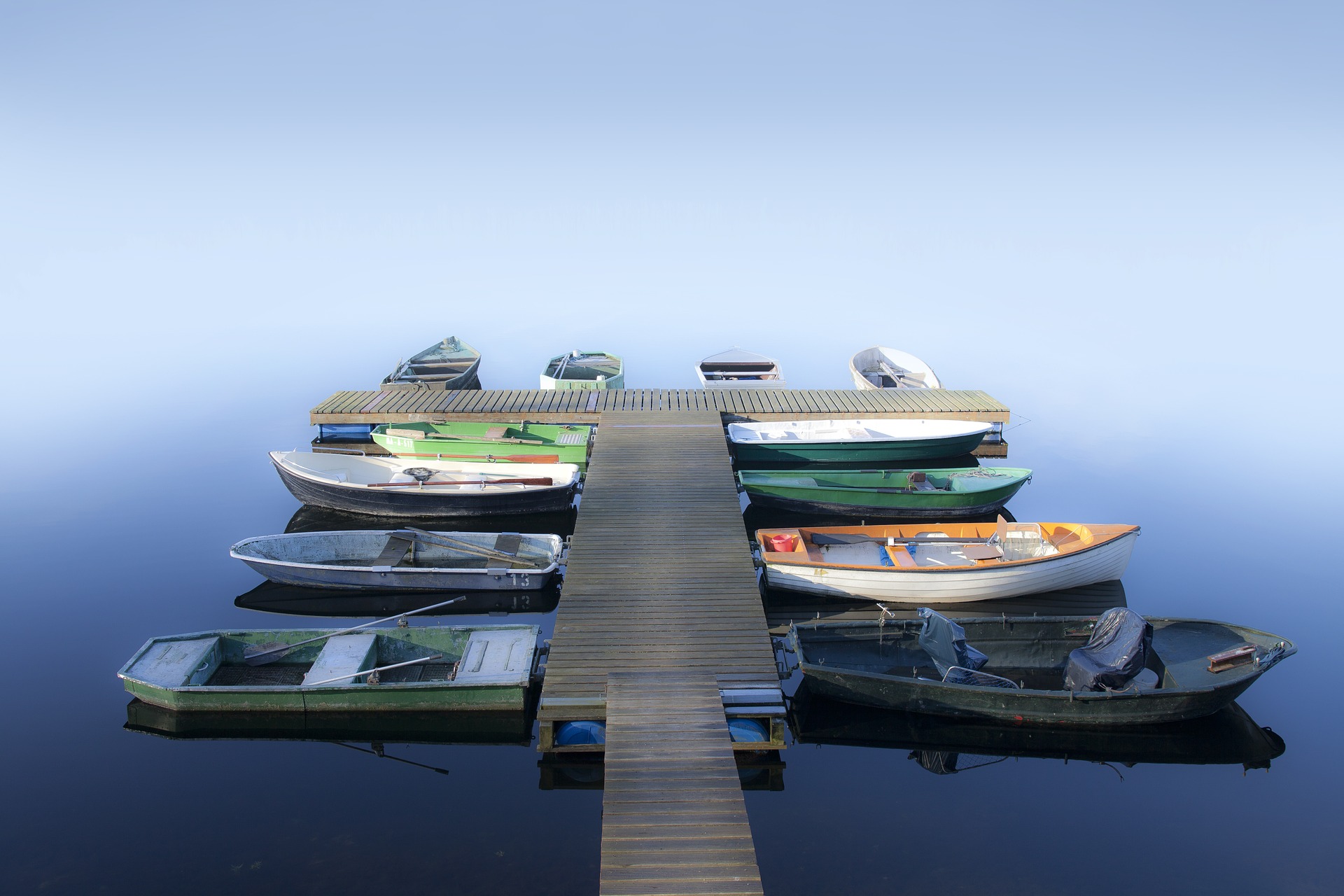
Though many Florida boaters are happy to frequently hit the saltwater seas due to our close proximity to the Gulf of Mexico and Atlantic waters, many others take advantage of our smattering of fresh, inland waters. Whether pleasure cruising on the St. Johns River or fishing for largemouth bass on Lake Okeechobee, there is no shortage of inland waters to explore in The Sunshine State.
Though, in general, the same laws and best practices apply whether in fresh or saltwater, there may be a few differentiators you should consider before switching from lake to ocean boating.
Factors to Consider Before Switching to Saltwater
- Saltwater is very corrosive, making rinsing your boat with freshwater after trips on the ocean a necessity to avoid damage over time.
- Boats and ships regularly used in saltwater can have reduced life expectancies, due to the corrosive nature of saltwater.
- Engines should be flushed after use in saltwater to avoid damage.
- Drinking and boating laws do not change on inland waters.
- In general, no major modifications need to be made to allow your boat onto both fresh and saltwater bodies of water.
Our main takeaway: Florida is full of both inland waters and open ocean that are ripe for boating, fishing and fun. Be sure to note and respect the corrosive power of saltwater, especially after your trip, when a simple wash and rinse may help you avoid costly repairs down the road. Follow boating laws and best practices and enjoy your time on fresh and salt waters safely while keeping these differentiating factors in mind.
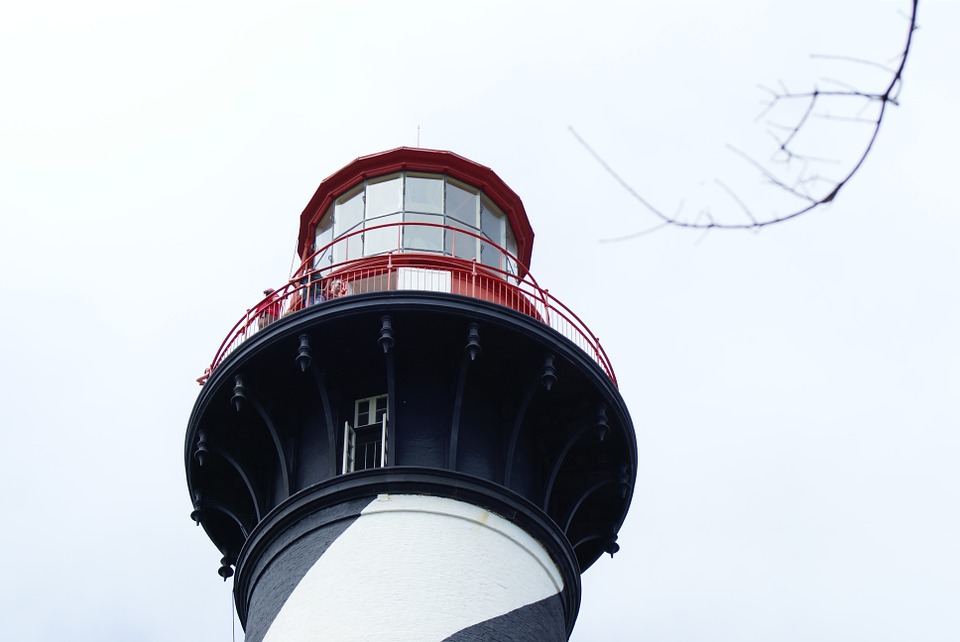
Situated between the often-crowded shores of Daytona Beach and city skyline of Jacksonville, St. Augustine is something of a time capsule town. Originally established 450 years ago, this former Spanish, English, Spanish again, and finally American port town is actually regarded as America’s oldest city and first seaport. So what nautical history can you find while exploring St. Augustine for yourself? A lot, as it turns out.
Historic Sites in St. Augustine
- The Lighthouse: One of St. Augustine’s most iconic landmarks is the old lighthouse that has helped boaters navigate the formerly treacherous, shallow waters off the coast since the 19th century. Still standing and shining as brightly as ever, St. Augustine’s oldest brick structure shouldn’t be missed by any boating or history buffs.
- Castillo de San Marcos: Sitting off the western shore of Matanzas Bay, Castillo de San Marcos represents some truly stunning living history. As the oldest masonry fort in the United States, the Castillo was originally constructed in the late 1600’s under Spanish rule and is open to the public as a monument to this very day. You’ll be hard pressed to find a more historically impressive sight, especially from your boat.
- El Galeón Tall Ship: If you’ve heard the phrase, “we’re going to need a bigger boat,” this one may have done the trick. This ship is a historically accurate replica of the galleon ships that sailed the seas during the 16th and 17th centuries. Keep an eye out for this beautiful ship while boating in the Matanzas River, not far from the Castillo.
Only in Florida can you find such history so near popular beaches, attractions and fishing spots. A perfect mix for history and boating buffs alike, we couldn’t think of a better excuse to hit the waters near historic St. Augustine than these beautiful blasts from Florida’s past. As always, boat responsibly and we’ll see you on the water!
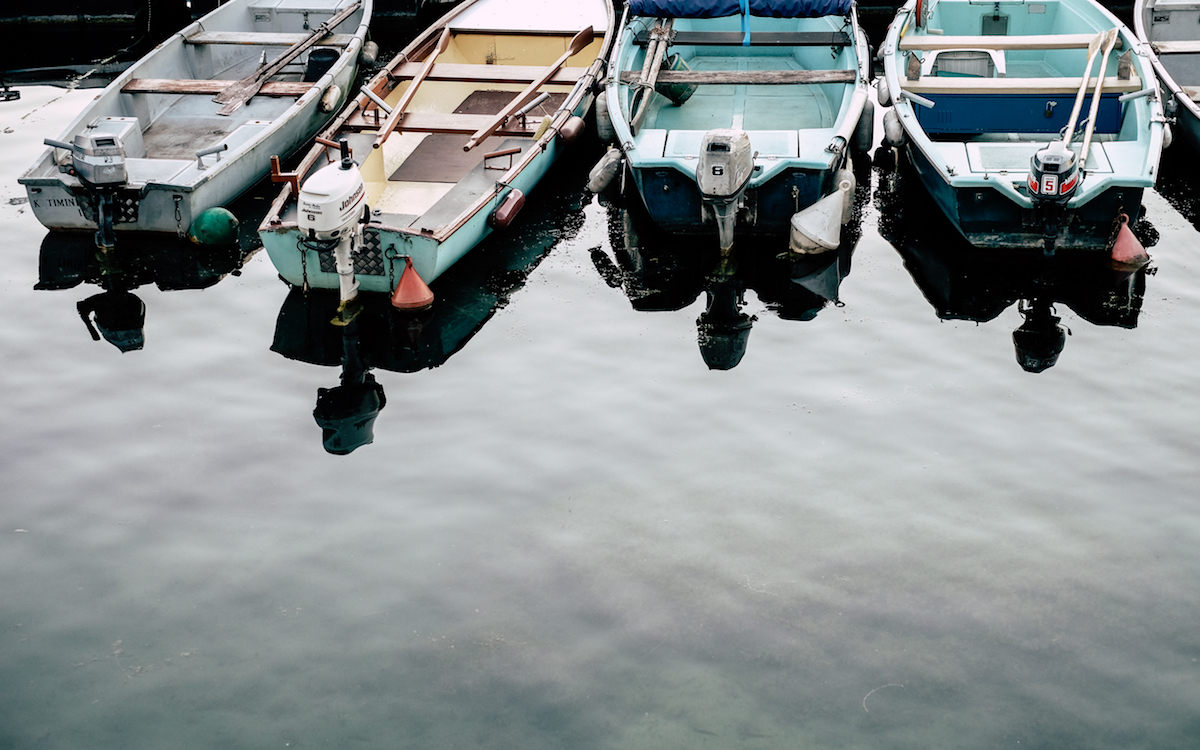
Whether you’re a new boater or hitting the water for the first time in a long time, boating for beginners has never been easier thanks to some great online resources and a worldwide community of boating enthusiasts that are often happy to lend advice. We love being one of these ambassadors to boating, so before your next (or first) boating trip, keep the following beginner tips in mind to have both a safety conscious and fun time with your friends and family on the water.
Boating for Beginners
- Make a List and Check it Twice: Good advice for not only the inexperienced, you should always prepare and utilize a pre-departure checklist. These checklists often include the likes of battery, gas, and oil checks, life vest and safety equipment review and weather analysis to name a few. Proper preparation can make all the difference when taking your boat on the water.
- Keep the Alcohol on Land: Though you may be the life of the party on land, leave the drinking for after your day of boating is done. Alcohol drastically increases the risk of boating accidents for even the most experienced of boaters.
- Safety (Check) First: Did you know that the U.S. Coast Guard offers free vessel safety checks? Not only do these checks help ensure that your boat is in good shape for your next boating trip, but your inspector is also available to give you some key safety advice and answer questions that first-time boaters may have.
- Plan on a Float Plan: An easy way to give yourself an additional level of safety is to create a float plan. By filling out a float plan and leaving in the hands of a trusted individual on shore, you give yourself a safety net that provides a description of your vessel, a list of your passengers and planned whereabouts, all of which can be vital to your rescue if you don’t report
- Don’t be a Showboat: Operate your vessel safely and obey all posted speed and wake limits. Especially when just getting the hang of your vessel, it’s important to never be reckless while on the water. Stay vigilant and obey the laws of the waterway.
Boating can seem intimidating to some newcomers, but if you’re armed with these safety best practices, you and yours can enjoy the passion of boating that we all share. With a bit of practice, knowledge and experience, boating for beginners can be a breeze.
Information Cited: http://www.discoverboating.com/beginner/safety/tips.aspx
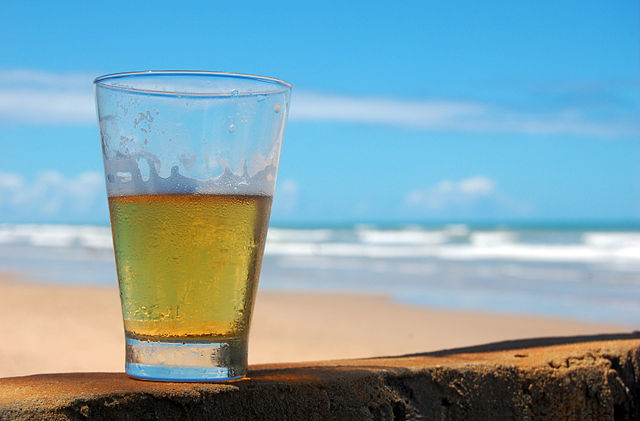
After tossing a back a few beverages at your favorite watering hole, the Friday-night luster has finally faded and you’re about ready to head home for some much-needed rest. You wish your clique of close companions a good night, and then; Therein lies the point in which you make the choice between responsibility and carelessness, safety and danger. The decision to drink and drive is a selfish one, as it needlessly puts the safety of yourself and countless others at risk.
Though we know that drinking and driving can lead to deadly results, why do so many not find a problem with drinking and boating? Before you cast off, consider the following:
- Just like drinking and driving, boating under the influence (BUI) is against the law. If you test at or higher than a .08 while operating a vessel, you are over the legal limit.
- Though open containers may be permissible in open water, in many private waters you may be ticketed if open alcohol containers are not allowed within that property.
- Being convicted of BUI is a serious offense. First convictions can see you paying up to $1,000 in fines and spending six months in jail. Penalties only worsen from there, as you could face up to 12 months of imprisonment after your third conviction.
Hi-Tide Boat Lifts is all about enjoying and sharing the excitement of boating with friends and loved ones, but always responsibly. If you understand the dangers involved with drinking and driving, remember that alcohol mixes just as dangerously when on the water. Assign a designated vessel operator or save the drinks for when you’re back on land. Stay safe and get boating!






